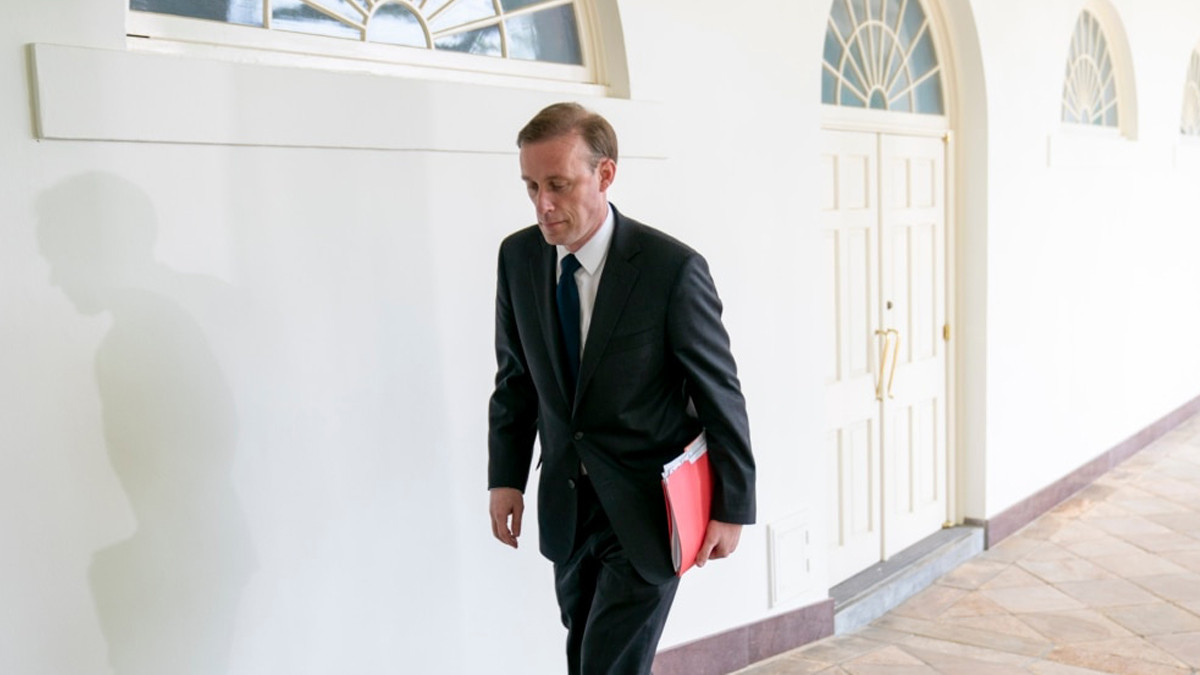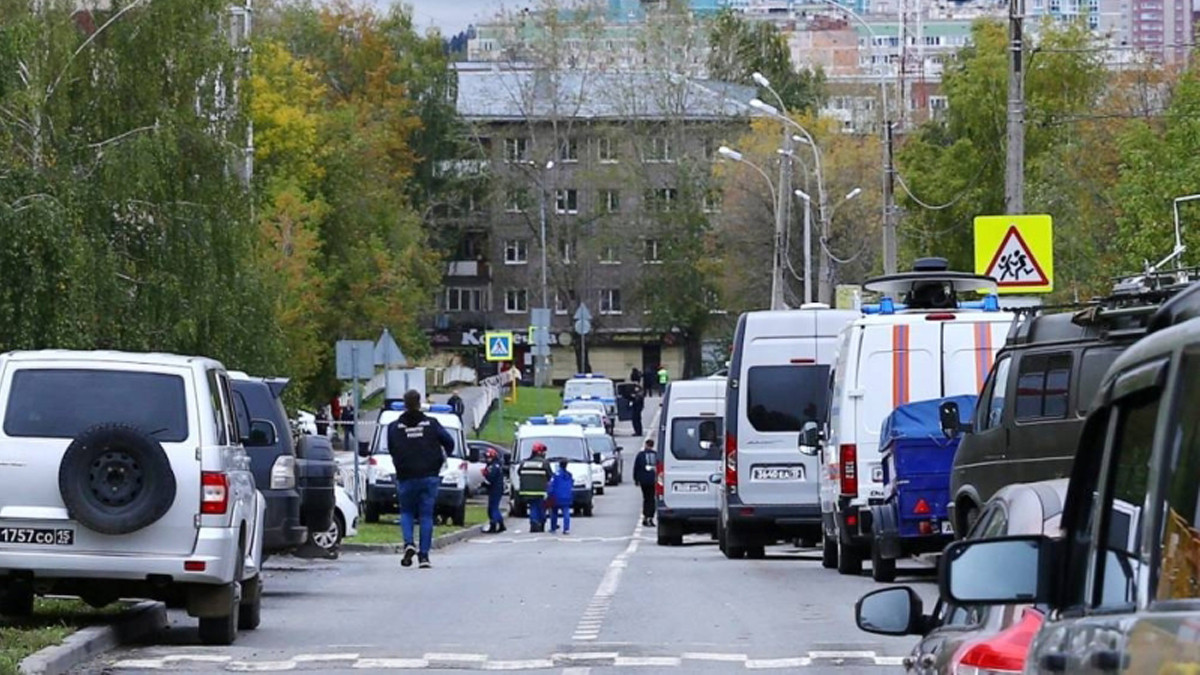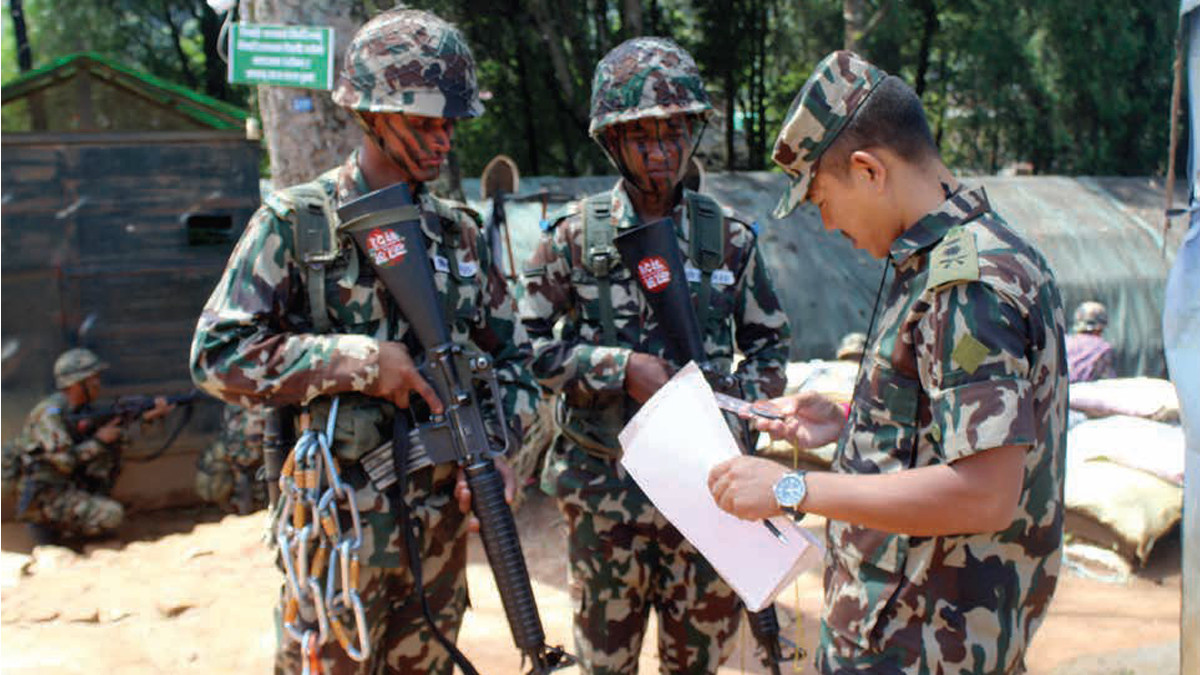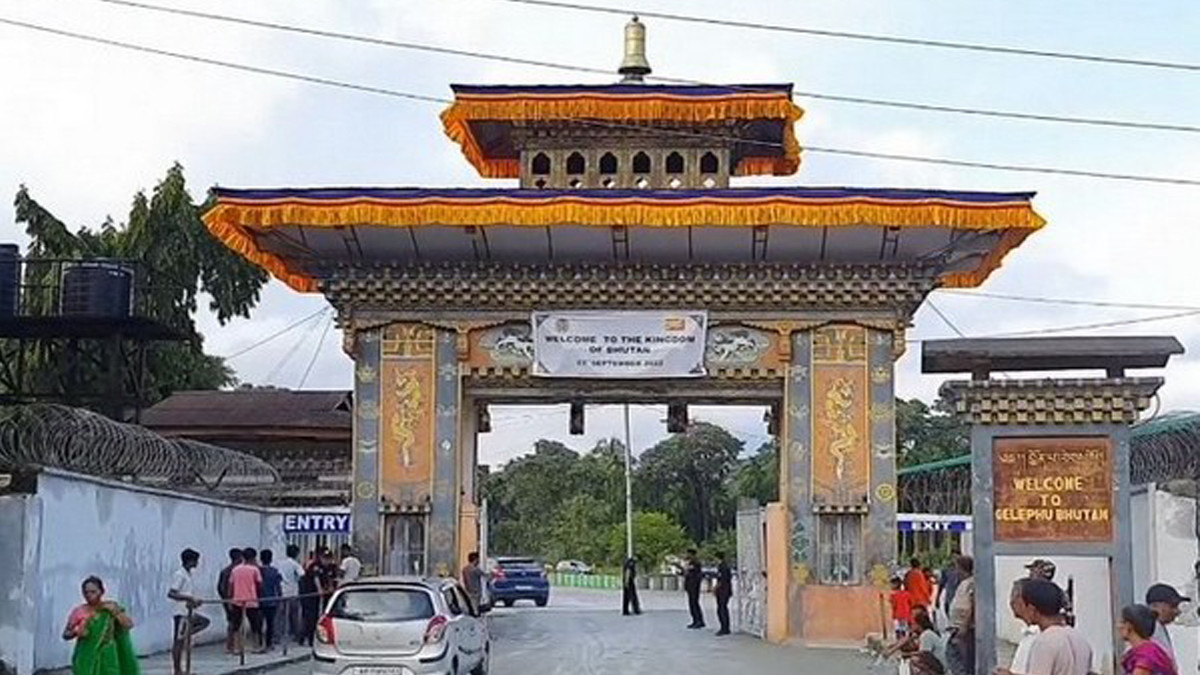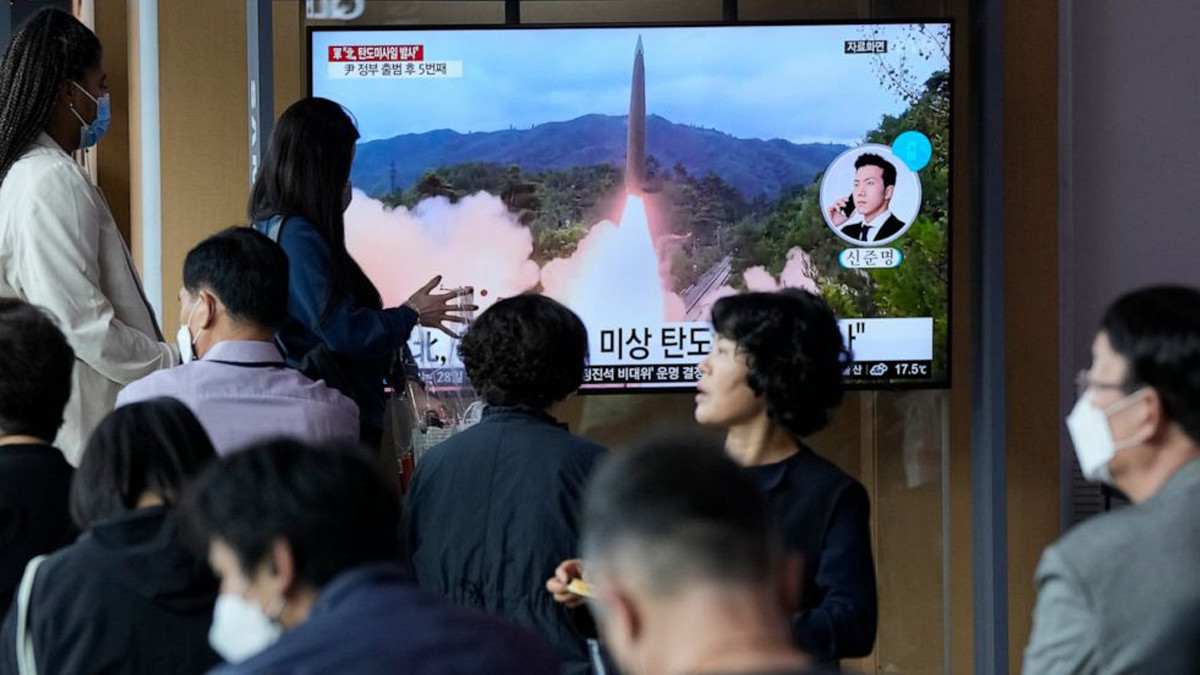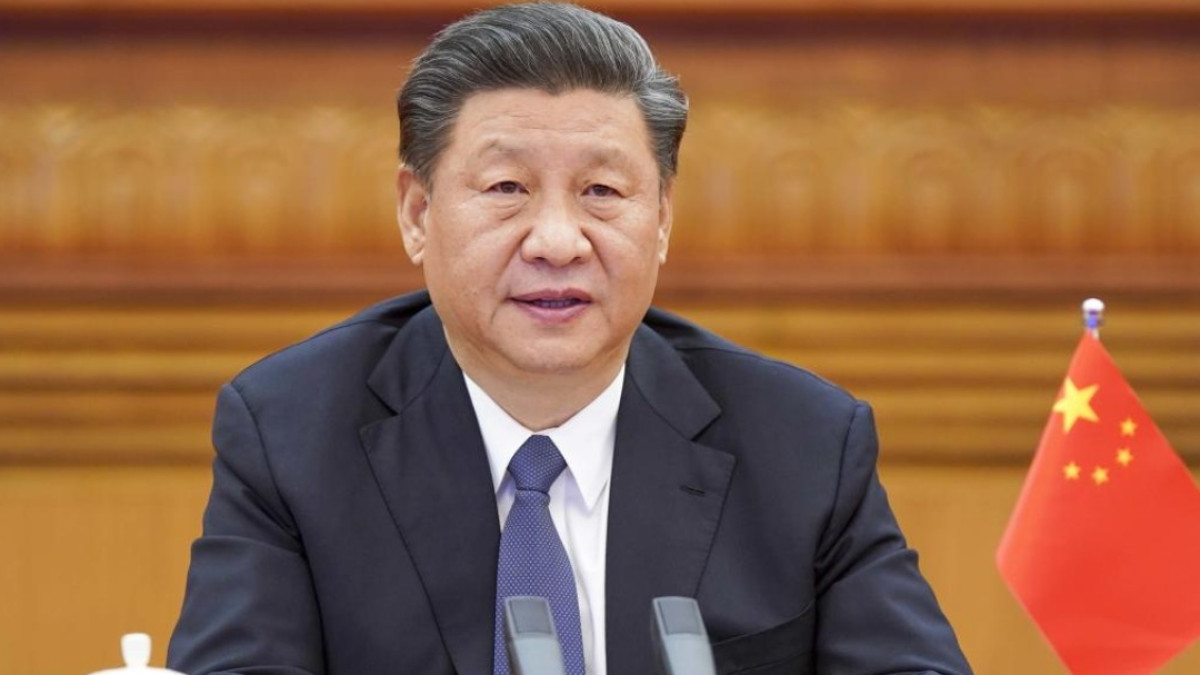
The United States will host a virtual meeting of the Indo-Pacific Economic Framework for Prosperity (IPEF) partners from 14 countries on Tuesday.
The ministerial will be hosted by US Trade Representative Katherine Tai and Secretary of Commerce Gina Raimondo as the Biden Administration continues to develop the Indo-Pacific Economic Framework for Prosperity (IPEF), the US Department of Commerce said.
The topics of discussion will include trade; supply chains; clean energy, decarbonization, and infrastructure; and tax and anti-corruption.
With IPEF partners representing 40 percent of global GDP, this framework will help fuel economic activity and investment, promote sustainable and inclusive economic growth, and benefit workers and consumers across the region, the release added.
The US Trade Representative is leading discussions on the trade pillar and the US Department of Commerce is leading discussions on the other three pillars.
US President Joe Biden unveiled the discussion on the Indo-Pacific Economic Framework for Prosperity (IPEF) with a dozen initial partners, including India, which represent 40 percent of the world GDP during QUAD in Tokyo.
The US-initiated IPEF which includes the US, India, and 11 other Asian countries is centered around four pillars — connected economy; resilient economy; clean economy, and fair economy and may finally introduce institutional reality to the region with regional sensibilities.
The first pillar – the connected economy – is speculated to lay more stress on the digital economy. The recently released factsheet on this new framework suggests that IPEF will contain most of the elements in the US Trans-Pacific Partnership Agreement (TPPA).
The second pillar touches on supply chains and the need for commitments and implementable measures to “anticipate and prevent disruptions in supply chains.
The third pillar is the grouping of climate policy in the IPEF framework in which elements of Biden’s Build Back Better World (B3W) initiative could be seen. The B3W initiative aims to establish a modern, sustainable and clean economy that could be visible in the IPEF.
The final pillar is a “fair economy”. It is suspected that this will include anti-corruption provisions. This is to lay emphasis on “tax, anti-money-laundering, and anti-bribery regimes”. These provisions were also a part of TPPA commitments and obligations.
The Biden-led initiative saw the participation of Prime Minister of Japan Kishida Fumio, as well as the virtual presence of leaders of other partner countries viz. Australia, Brunei, Indonesia, Republic of Korea, Malaysia, New Zealand, Philippines, Singapore, Thailand, and Vietnam.
IPEF, a group of 13 countries, is a multilateral economic framework. In recent times, India is seen as focusing on bilateral free trade agreements instead of multilateral ones. (ANI)

